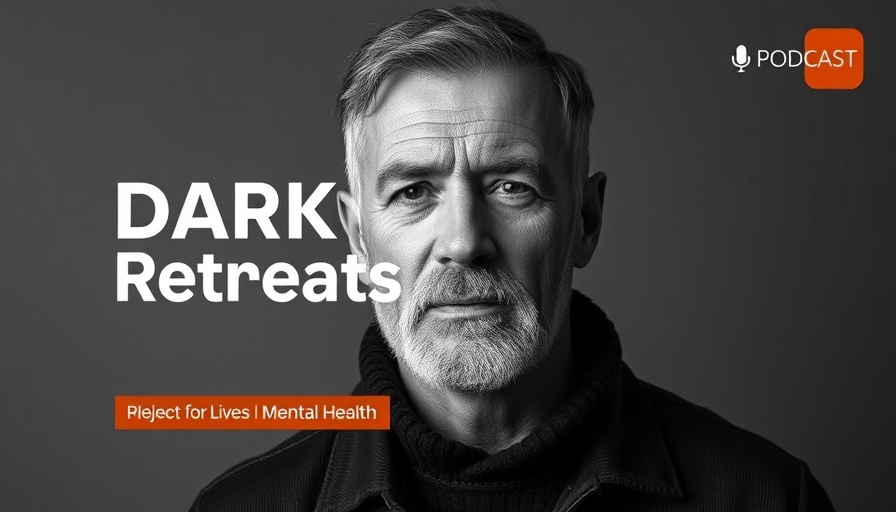
Discovering Inner Peace in Times of Anxiety
In a world increasingly characterized by chaos and uncertainty, many individuals grapple with anxiety disorders, leading to overwhelming feelings of panic, stress, and fear. Anxiety manifests in various forms, ranging from generalized anxiety disorder (GAD) to specific phobias, impacting not only the mental well-being of the individual but also their overall quality of life. The words of Rupert Spira resonate deeply here: "The peace that passeth understanding" is not merely a fleeting reprieve but a profound truth at the core of our existence.
The Impact of External Triggers on Mental Health
Economic stressors, such as unemployment and financial instability, are catalysts for heightened anxiety. The ongoing ramifications of the COVID-19 pandemic have intensified these feelings, pushing individuals toward anxiety screening and urging conversations around mental health awareness. It’s crucial to recognize that the external environment significantly influences our internal state; hence, access to quality mental health care becomes imperative.
Mindfulness: A Pathway to Resilience
Mindfulness and relaxation techniques have gained traction as effective coping strategies for those dealing with anxiety symptoms. Techniques such as cognitive behavioral therapy (CBT) and breathing exercises empower individuals to reclaim their mental clarity and foster resilience amid challenges. Parental support, particularly in the context of adolescent mental health, can be transformative. Studies suggest that school-based programs integrating mindfulness can cultivate emotional intelligence and decrease performance anxiety among students.
Support Systems: Break the Stigma Together
While societal stigma surrounding mental health persists, the growing movement towards transparency and vulnerability in discussing these issues serves as a stepping stone for change. Support groups and community outreach initiatives provide essential networks for sufferers, creating a platform for shared experiences and healing. The importance of peer support cannot be overstated; individuals often feel isolated in their struggles, yet they can find solace and camaraderie amongst others who have faced similar battles.
Practical Strategies for Anxiety Management
Employing practical strategies such as regular exercise, nutrition awareness, and prioritizing sleep hygiene lays the groundwork for better mental health. Additionally, the incorporation of relaxation techniques, such as yoga and meditation, into daily routines can address prevalent anxiety symptoms and foster a sense of tranquility. Innovative resources such as anxiety management apps and teletherapy options have also emerged, providing accessible pathways for individuals seeking support.
Emphasizing Preventive Measures
Early intervention and prevention strategies hold great potential in mitigating the impact of anxiety disorders. By integrating mental health education into our schools and community centers, we create environments that empower individuals, especially youth, to engage positively with their mental health. This proactive approach uplifts society by nurturing resilience and promoting emotional well-being.
In conclusion, the pursuit of inner peace is a journey we all share, yet it’s often filled with obstacles. Recognizing the multifaceted nature of anxiety disorders and leveraging supportive systems, we can not only manage but thrive. Engage with local resources, seek solace in shared experiences, and advocate for mental health awareness. Let's shape a world where mental health is treated with the same dedication as physical health, where every individual realizes that peace can indeed be their true home.
 Add Row
Add Row  Add
Add 




Write A Comment